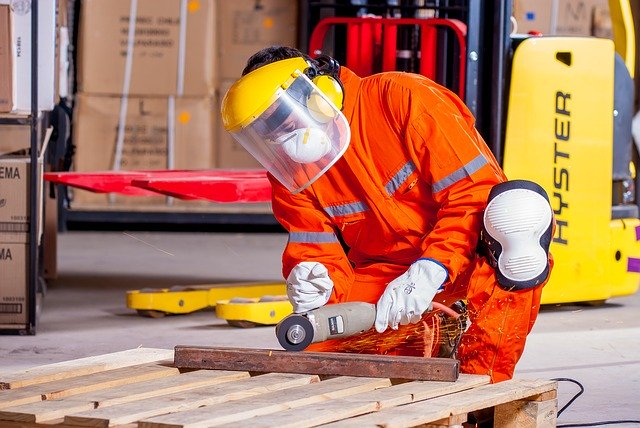 The Philippine manufacturing sector declined in both volume and value for the 14th month in a row in January 2020, according to the Philippine Statistics Authority (PSA).
The Philippine manufacturing sector declined in both volume and value for the 14th month in a row in January 2020, according to the Philippine Statistics Authority (PSA).
Based on the preliminary result of PSA’s Monthly Integrated Survey of Selected Industries, the Volume of Production Index (VoPI) decreased 1.6% in January 2020, slightly lower than the 4.2% decrement in the same month of the previous year.
The Value of Production Index (VaPI) likewise fell 6.3% in January 2020, much higher than January 2019’s recorded 0.3% fall.
The decline in VoPI was due to the decreases in 11 major industry groups with wood and wood products posting the highest negative rate of 42.6%. Other major industry losers included petroleum products (-39.7%), basic metals (-23.8%), miscellaneous manufactures (-23.2%), tobacco products (-18.3%), paper and paper products (-14.3%), textiles (-11.5%), and furniture and fixtures (-11.3%).
For VaPI, 13 out of the 20 major industry groups registered annual declines, with two-digit decreases noted in the following major industry groups: wood and wood products (-48.6%), petroleum products (-40.9%), basic metals (-24.9%), miscellaneous manufactures (-24.2%), transport equipment (-17.6%), paper and paper products (-17.3%), textiles (-16.4%), tobacco products (-12.1%), and electrical machinery (-12.0%).
READ: PH manufacturing sector down in Dec
The National Economic and Development Authority (NEDA) said concerns that the coronavirus disease (COVID-2019) would affect tourism and travel activities in the country could dampen production of consumer-related manufactures such as food and beverages.
“Intensifying government’s actions to monitor and implement mitigating measures will temper the potential negative impact of the COVID-2019 on the manufacturing industry,” said Socioeconomic Planning Secretary Ernesto M. Pernia said in a statement.
As the epidemic scare lingers, output of firms that produce intermediate goods to the overseas market will also be affected.
“Government needs to work closely with the industry in crafting and implementing strategies to effectively mitigate the possible impacts of COVID-19 on production,” the Cabinet official said.
Pernia said there is also a need to map out entire value chains across primary, secondary, and tertiary players in the economy to understand where critical parts are sourced, to identify alternative market sources, and to beef up inventory capacity to insulate against vulnerabilities.
“To help the manufacturing industry become more competitive and resilient, relevant government agencies need to swiftly implement measures that would streamline processes, facilitate trade, and reduce transactions costs,” he said.
To reinforce business continuity plans, government support will be needed to facilitate partnerships between micro, small, and medium enterprises (MSMEs) and large domestic and/or foreign enterprises and leverage advanced manufacturing technologies to enable greater resilience of firms and MSMEs amid the challenges posed by COVID-2019.
Meanwhile, Pernia said the recent eruption of Taal Volcano will also have a temporary impact on the manufacturing sector, given that the Calabarzon (Cavite, Laguna, Batangas, Rizal, Quezon) region accounts for about 31% of the country’s industrial output. Thus, over the immediate term, government will need to fast-track rehabilitation of public infrastructure to ensure speedy recovery of firms, establishments, and households located in the area.
Image by Yerson Retamal from Pixabay





